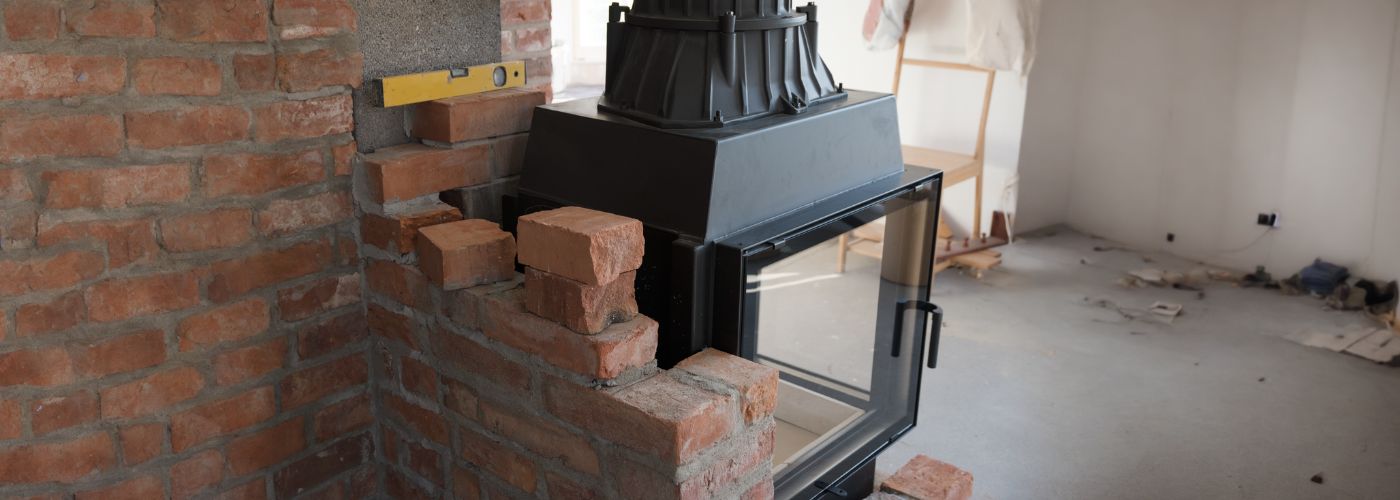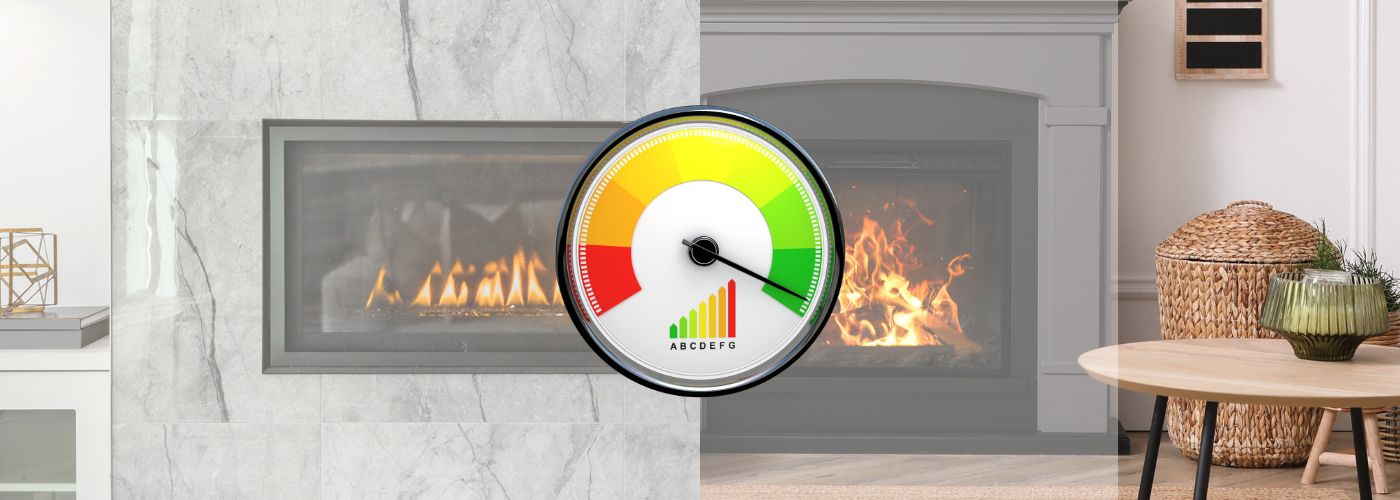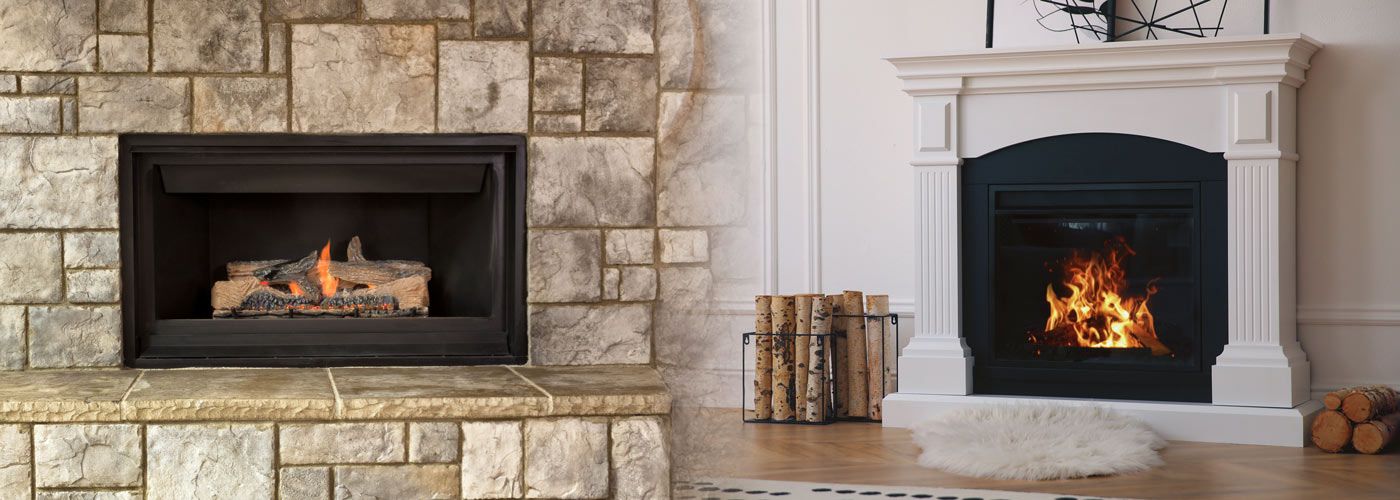What’s Better: Gas vs. Wood Fireplace. Fireplaces provide a welcoming atmosphere for any home. They offer warmth, comfort, and ambiance to any room. But when deciding which type of fireplace is best, one must consider the pros and cons of each option. Gas or wood fireplaces. In this article, we will explore the debate between these two types of fireplaces, weighing their benefits and drawbacks so you can decide which one is better suited to your needs.
Is It Better To Have A Wood Or Gas Fireplace?

When choosing a fireplace for your home, one of the biggest decisions is choosing. Wood or gas. Both options have their pros and cons, so it’s important to weigh them carefully before making a decision.
On the one hand, wood fireplaces offer the classic look and feel that many homeowners love. Nothing quite like the crackle of real firewood and the smell of burning wood in your home. Plus, wood-burning fireplaces tend to be more energy-efficient than gas ones since they don’t require any electricity or natural gas connections.
However, there are also some downsides to consider regarding wood-burning fireplaces. For one thing, they can be messy and require regular cleaning of both the fireplace itself as well as any ash buildup.
Is It Cheaper To Build A Wood Burning Fireplace Or A Gas Fireplace?

When it comes to adding a fireplace to your home, there are many considerations to be made. One of the most important decisions is choosing a wood-burning or gas fireplace. While both have their benefits and drawbacks, one factor that often comes up is cost. So, which option is cheaper?
At first glance, a wood-burning fireplace may seem like the cheaper choice. After all, you just need some logs and kindling to start, right? However, the actual cost of installation can add up quickly. A traditional masonry fireplace requires a chimney system that can cost thousands of dollars in material and labor. In addition, ongoing maintenance, such as cleaning and repairs, can also drive up expenses over time.
On the other hand, gas fireplaces tend to have higher upfront costs but lower long-term expenses.
Which Is More Energy Efficient Gas vs. Wood-Burning Fireplaces?

When it comes to staying cozy at home during the winter months, many people opt for a fireplace to provide warmth and ambiance. However, with so many different types of fireplaces available these days, selecting the most energy-efficient option can be a bit tricky. Two popular choices are gas and wood-burning fireplaces – but which is better for saving on energy costs?
Gas fireplaces have gained popularity recently due to their convenience and low maintenance requirements. They offer instant heat with just the flip of a switch and don’t require chopping or storing wood. Additionally, they produce fewer emissions than wood-burning units since no logs are burned. However, they require access to natural gas or propane lines which could impact their installation cost.
On the other hand, wood-burning fireplaces have been around for centuries and are often considered more traditional.
What Type Of Fireplace Is Healthiest?
When adding a little extra warmth and coziness to your home, a fireplace is always a great addition. However, with all the different types of fireplaces available, you may wonder which type is healthiest for you and your family. In this article, we will explore some of the most popular types of fireplaces and determine which ones are most beneficial for your health.
Firstly, let’s discuss electric fireplaces. These are becoming increasingly popular due to their ease of use and low maintenance requirements. Electric fireplaces don’t produce any harmful emissions or pollutants into the air, which makes them an excellent choice for those with respiratory conditions like asthma or allergies. Additionally, they don’t require any wood or gas to function, so there is no need for ventilation systems that could leak dangerous fumes into your home.
